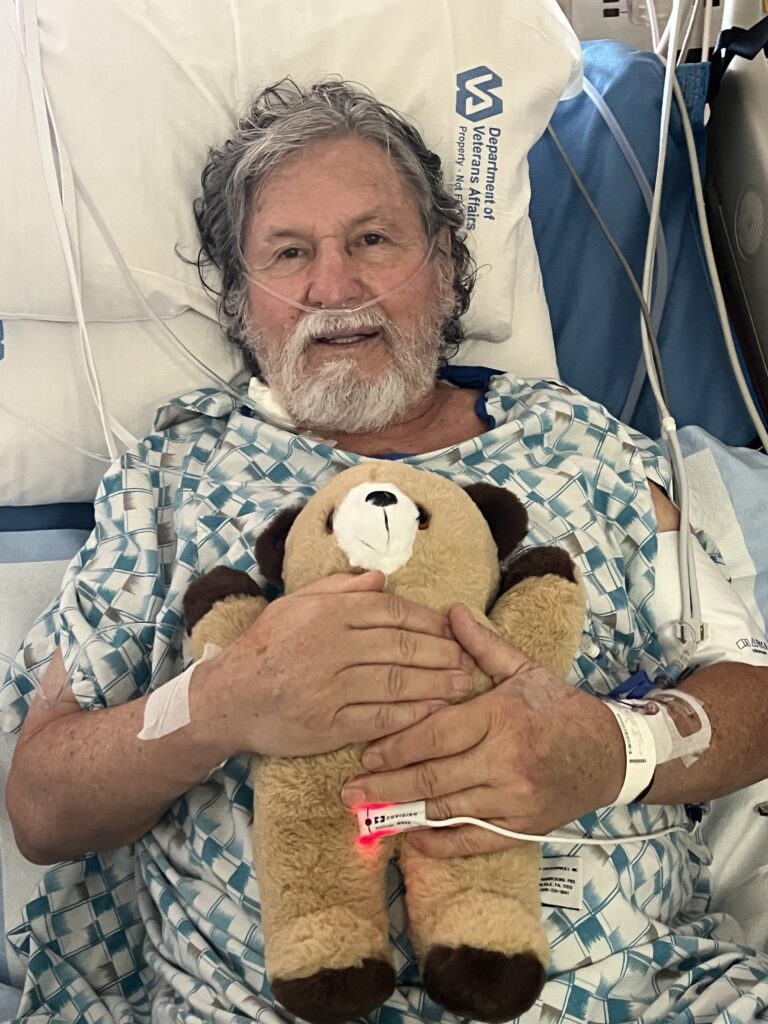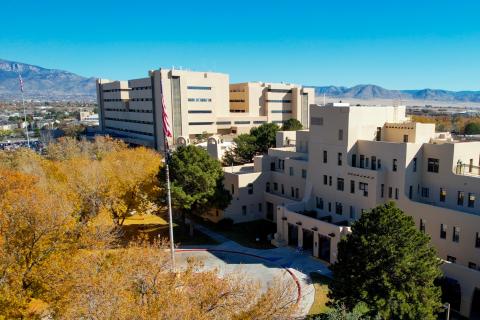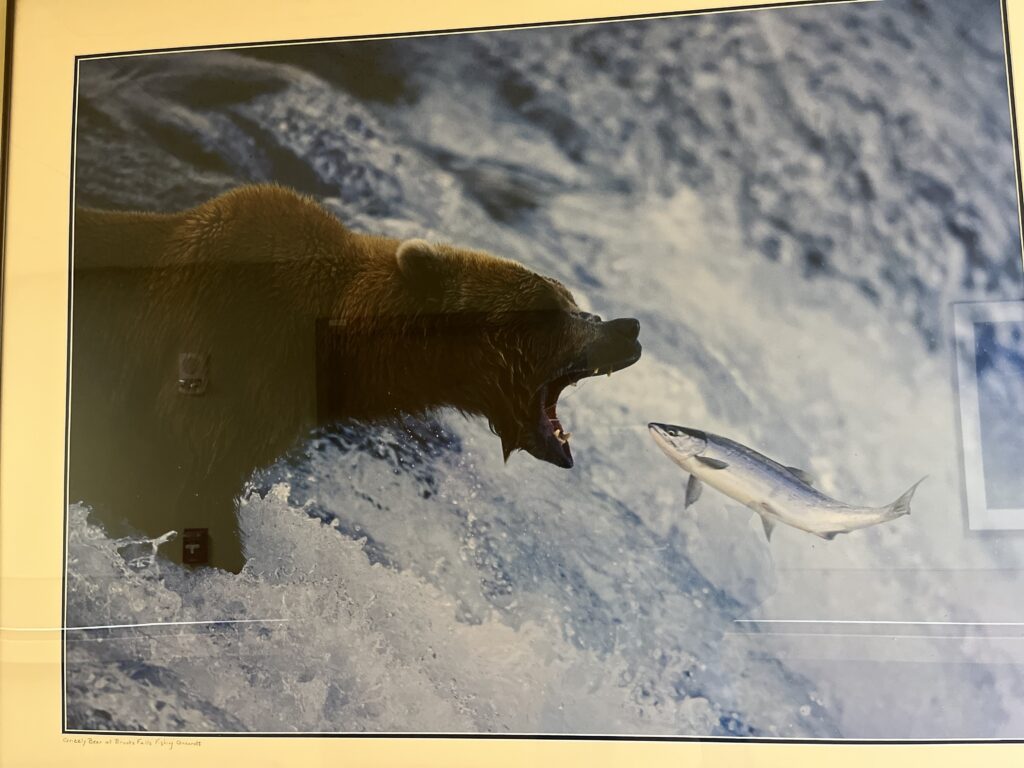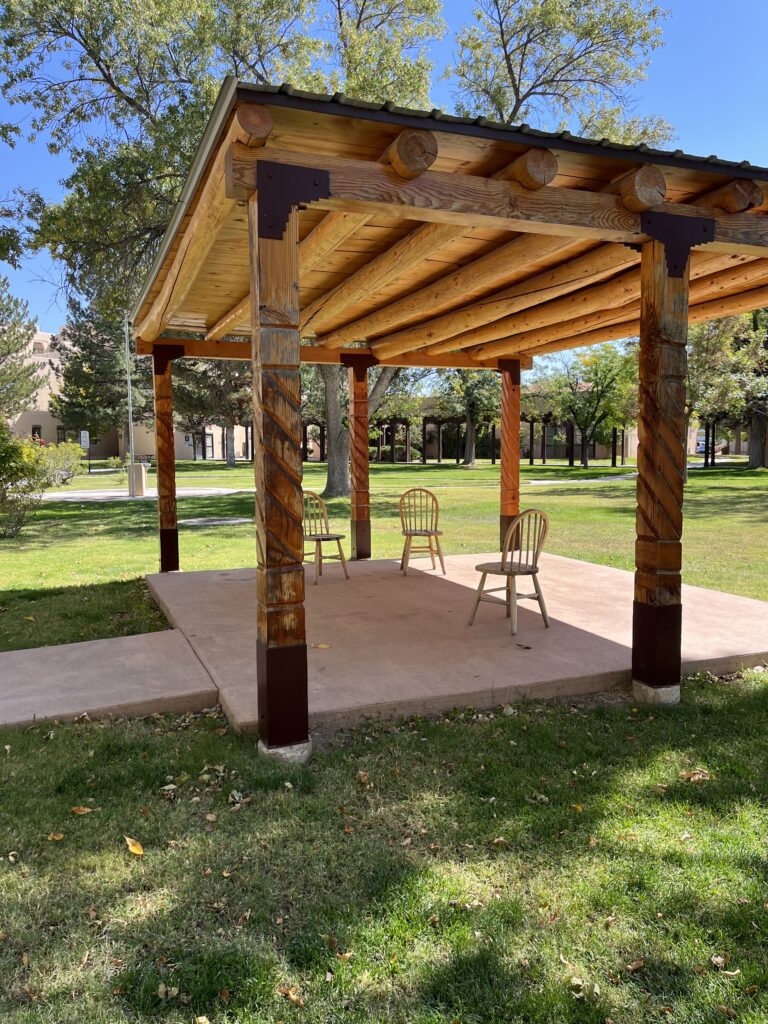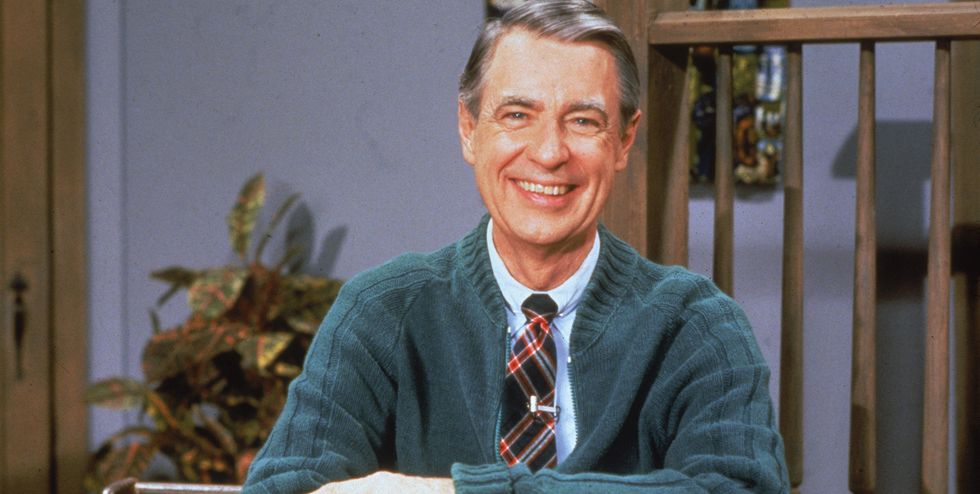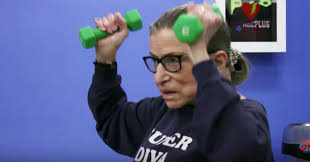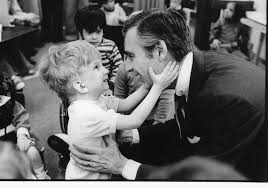Open Heart
“Your stress test indicates that we need to look a little further, Mr. Gallegos”, said the cardiac surgeon. “It’s a simple procedure.” The procedure was a coronary angiogram which involved stuffing a tiny camera into a vein in his wrist and shoving it all the way to where the mass of veins and arteries come and go, in and out of the heart. The camera peeked at all the plumbing and found the culprit, an artery 100% blocked. When a surgeon says “simple procedure” I must remember that it’s all relative. And indeed, what followed was very complicated.
On the last day of September Dr. Yassin performed a miracle. He “unzipped” my husband’s chest, split open the sternum, found the slacker artery, did some snipping and sewing and attached a new stretch of healthy artery. Then he rejoined the sternum halves with wire and sewed him shut. Now two months later, we are both recovering well, he with his zipper scar, me with a few more gray hairs.
This is something that happens every day to hundreds of lucky people in this country, but not all are so lucky to be treated at the Raymond G. Murphy VA Regional Medical Center in Albuquerque, New Mexico. There are those that were surprised by Roberto’s choice. The VA? Isn’t that a substandard, problem-plagued system? Why wouldn’t you go to a “real” hospital if you were able? I can understand this reaction, given that the only time you hear about the VA, it’s bad. But I am here to tell a very different story.
Roberto is a Viet Nam combat veteran and his medical provider of choice is the VA. It’s where he feels he belongs and is understood. It’s where he can ride in the elevator and know that he shares something significant with the person next to him. I’ve seen those subtle nods between them. The clinic in Santa Fe and the hospital in Albuquerque are also efficient, well-oiled machines. The care is excellent and the paperwork, records, orders, schedules, test results, prescriptions – all is handled behind the scenes, seamlessly as far as the patient in concerned. Roberto has a Veterans Administration card with his number on it. He presents it wherever he goes in the system, no co-pay, no deductible, nor forms to fill out. Blood drawn, x-rays taken, counseling session, dental cleaning, hearing aids, and yes, open heart surgery, they are ready for him. Prior to checking in for surgery, he had blood drawn, echocardiogram, x-rays. We went from one department to the next, showed the card, and bingo, it happened. I hardly had time to get a cup of coffee at the Starbucks in the lobby.
As soon as the surgery was over, the surgeon’s assistant, came to report to me that everything had gone very well, and I would be able to see Roberto in intensive care soon. He asked if I had any questions, and I had many. He spent a long time with me, educating me on the workings of the heart, preparing me for what to expect, reassuring me that the future looked bright. I, of course, cried with relief and gratitude, and he dropped the professional role and gave me a big hug.
This compassion and caring were typical of our interactions with all VA staff, from maintenance workers to the techs, the nurses, and the doctors. In the ICU, it seemed that there was nothing that surprised the nurses, nothing that upset or angered them. They could handle anything, they were unflappable. A hard-to-find vein, a malfunctioning monitor, a dropped lunch tray, nothing fazed them. I wondered if they were veterans themselves, or simply had absorbed that “we can do this” attitude from their veteran patients. Most that we met had family members who were veterans and had a very warm spot in their hearts for those who have served.
I spent time walking the halls, to give myself and Roberto a break, and to enjoy the nature photographs on the walls. I was admiring a bear when a youngish woman in scrubs came by and stopped to chat. She was a doctor and had come to the VA for her residency and knew that she would never leave. Her grandfather was a World War II veteran, and she grew up knowing that he was a hero and sensing that he had suffered considerable trauma. She was drawn to veterans.
“I want to hear their stories, and I have some from my father to share with them. They like that. They trust me. They know I understand.” She confessed that she could make a lot more money at any other hospital in Albuquerque, but it wouldn’t be worth it. “I want to be a doctor, and here I can do that. I can spend time with patients, I can treat the whole person. I couldn’t do that anywhere else.” With a big smile she told me that she had a patient in intensive care who had been there 3 weeks. No one could figure out a diagnosis. “This morning I finally solved it! It’s a very rare disease, and he’s got it. Now I can help him. Where else,” she added, “could a hospital afford to keep a patient that long, or could a doctor take the time to figure it out?”
One evening just when the shift was changing, three emergencies came in at once. Magically, everyone was taken care of, squared away in a room, clean sheets and gown, vitals taken, hooked up to the right things, relatives calmed, doctors briefed. The off-duty nurses stayed late to help the next shift, no one complained, not even a sigh or a groan. It was understood that they support each other, work together to handle the next crisis. They were professional and compassionate, committed and caring, not only to the patients but to each other.
Roberto was medically ready to be discharged after 5 days. He was a star, all the functions running smoothly…enough. We were nervous, not feeling ready to leave for Santa Fe, after such a major event. Assuming that the bed was needed and he would be wheeled to the curb for me to pick up, imagine our surprise when the doctor said, “But of course you can stay until you’re ready to go home. It’s important you feel ready.” We didn’t abuse the privilege, staying just two more days.
I think about our experience with open heart surgery at the VA. Dr.Yassin, with humility and expertise, performed a miracle, bypassing that artery and giving Roberto another chance, and for that I am very grateful. But there is another miracle we experienced, and that is the “open heart” of those who cared for us. I tear up remembering the kindness, the encouragement, the good humor that we received from those loving, open hearts.
Read More
